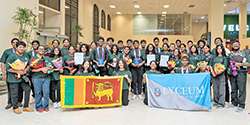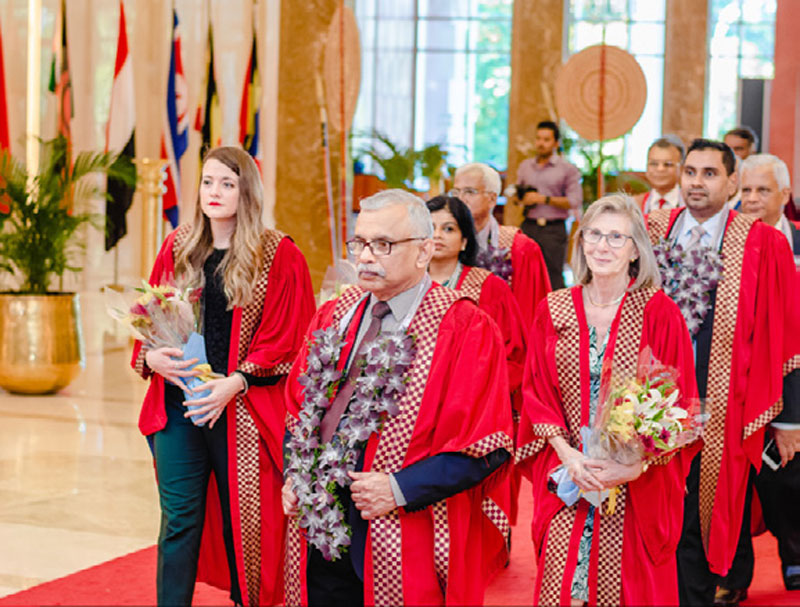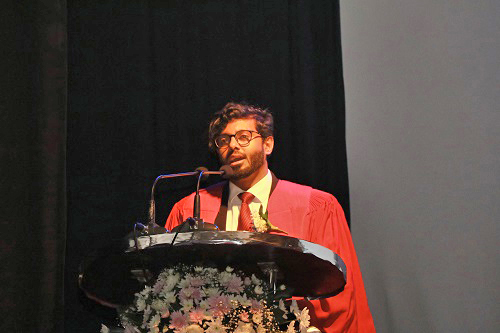Immediate implementation of educational reforms necessary: President
President Ranil Wickremesinghe has said that the future heavily relies on new technological knowledge requiring the country to create a generation proficient in information technology and artificial intelligence. The president made these comments during his policy statement in Parliament this week. Excerpts of his speech on education: “Education and Health are vital focus areas, which need our attention. Out-dated laws from the 2nd World War era no longer meet the needs of the modern world. To address this, new practices and regulations, aligned with international standards, are being introduced for education and health.
The goal is to modernize these sectors, ensuring the protection of vulnerable sections and fostering economic growth. Overcoming the challenges of the twenty-first century is imperative. Therefore, drawing from international experience, we must introduce new practices and rules in education and health. It is crucial to nurture human resources in a manner aligned with the modern environment. We are actively working on a comprehensive modernization strategy in these sectors to safeguard the interests of the poor and vulnerable while promoting economic growth. Specifically, immediate implementation of educational reforms is necessary.
The future heavily relies on new technological knowledge, requiring us to create a generation proficient in information technology, artificial intelligence, etc. In pursuit of this goal, we are formulating a policy to offer university education to every high school graduate and establishing science and technology universities. Additionally, a practice is being established to provide vocational education to those not passing the ordinary and advanced level examinations. We are laying the groundwork to nurture a new generation equipped with contemporary knowledge and technology. Efforts are underway to bolster the economies of all nine provinces, with delegated powers related to sectors like vocational education and agriculture given to provincial councils under the third list of provincial council powers in the constitution.”









































.jpg)
.jpg)
.jpg)
.jpg)
.jpg)

